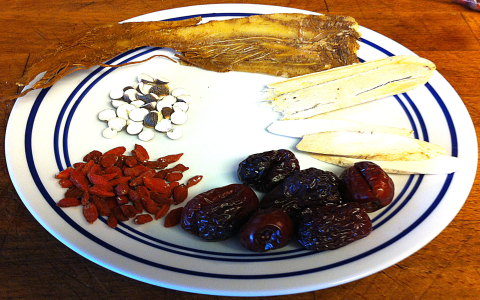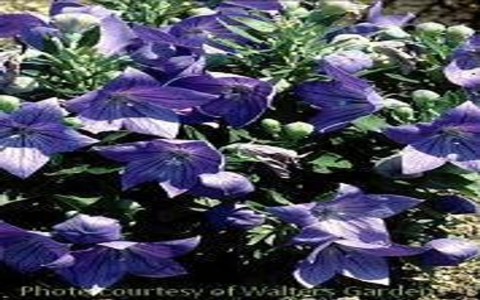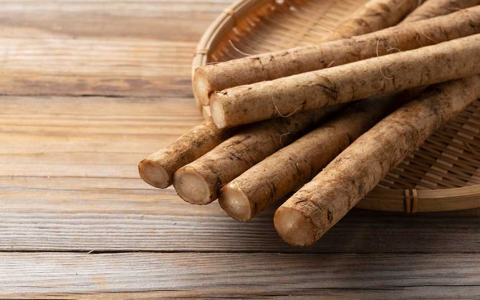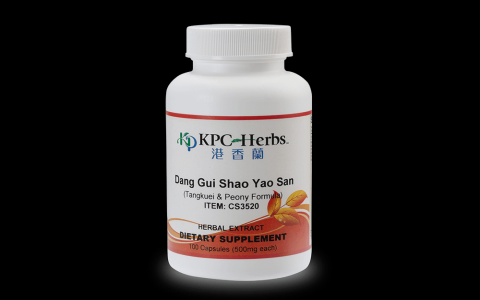Alright, let me tell you about my journey with Dang Gui, or Angelica Sinensis as some folks call it. It wasn’t like I woke up one day and decided to become a herb expert, not at all. Life just kinda pushes you in certain directions, you know?
For a while there, I was feeling pretty run down. Not sick, just… blah. Tired easily, always a bit cold, especially my hands and feet, even when the heating was on. My wife kept saying I was working too hard, maybe, but it felt like more than that. I tried all the usual stuff – more sleep, vitamins, you name it. Nothing really shifted that underlying feeling of being perpetually low on battery.
How I Stumbled Upon It
Then, I was chatting with an old neighbor, Mrs. Chen. She’s one of those amazing ladies who seems to have a traditional remedy for everything. I was just mentioning how I felt, and she nodded knowingly. She started talking about “warming” herbs and things that “build you up from the inside.” Dang Gui came up. She said her mother and grandmother swore by it, especially for women, but also for anyone feeling a bit weak or depleted.
I was skeptical, I’ll be honest. I’m more of a “if it’s broken, go to the doctor” kind of guy. But modern medicine wasn’t really offering solutions for just “feeling blah.” So, I thought, what have I got to lose?
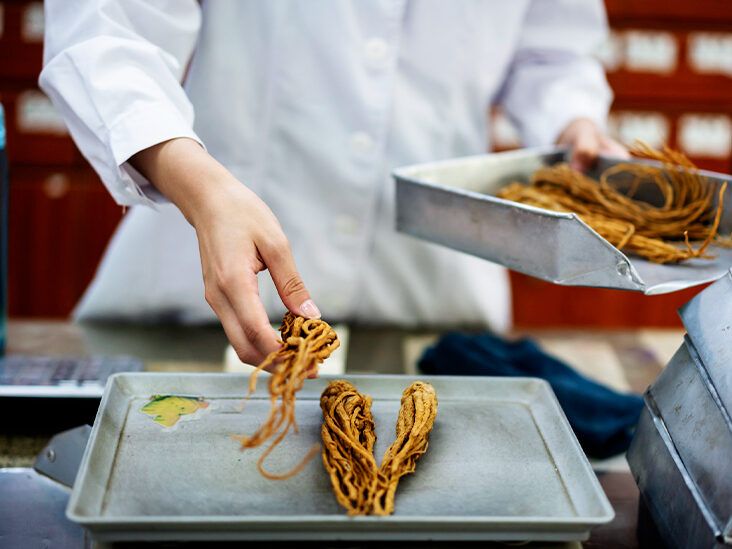
I went down to the local Asian grocery store, the big one with all the dried goods. Found these brownish, woody-looking root slices. The smell was… distinct. Earthy, a bit sweet, a bit pungent. Not unpleasant, just very different.
My First Experiments and What I Learned
So, I bought a small bag. Now, the big question: what to do with it? Mrs. Chen had given me a few ideas.
My first attempt was just making a tea. I took a few slices, rinsed them, and simmered them in water for about 20 minutes. The liquid turned a light amber color. The taste? Well, it was an acquired one, let’s say. A bit like celery mixed with something sweet and earthy. Not bad, but not my favorite cuppa straight off the bat.
But I stuck with it. I figured, if generations of people used this, there must be something to it. I started having a small cup of this Dang Gui tea most days. After about two weeks, I can’t say I felt like a superhero, but that deep-seated chill I always had seemed to lessen a bit. My energy levels felt a little more stable, not so many afternoon slumps.
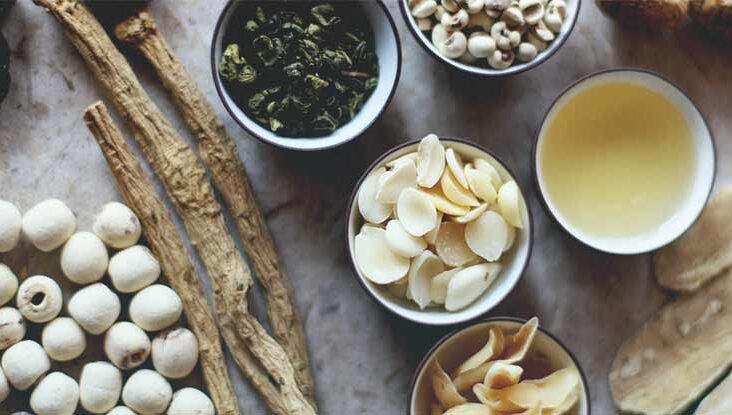
Then I got a bit more adventurous. I remembered Mrs. Chen mentioning it in soups. So, next time I made chicken soup, I threw in a few slices of Dang Gui along with the ginger and green onions. This was a game changer! The flavor blended in beautifully with the broth, adding a subtle depth and warmth. It didn’t taste “herbal” in an overpowering way. The family didn’t even notice anything different at first, just said the soup was extra good that day.
How I Use It Now – My Practical Routine
So, over time, I’ve settled into a few ways of using Dang Gui. It’s not an everyday thing for me now, more like something I turn to when I feel I need a bit of a boost, or during colder months.
- Soups and Stews: This is my favorite way. I add about 3-5 thin slices to chicken soup, bone broth, or even a simple vegetable stew. I usually put them in at the beginning of the cooking process so they have plenty of time to release their goodness. I find it really helps make the soup feel more nourishing and, well, ‘building’, like Mrs. Chen said.
- Simple Tea: If I’m feeling particularly run down or cold, I’ll still make that simple tea. Sometimes I add a slice of ginger and a few goji berries to make it more palatable and add other benefits. I just simmer a few pieces of Dang Gui (maybe 2-3 slices), a small knob of ginger, and a teaspoon of goji berries in about two cups of water for 15-20 minutes. Strain and drink warm.
- Congee (Rice Porridge): Occasionally, I’ll toss a slice or two into rice porridge while it’s simmering. It gives the congee a subtle, warming quality.
A word of caution, though, from my own trial and error: a little goes a long way. This stuff is potent. Too much, and the flavor can be overpowering, and I’ve read it can be too “heaty” or stimulating for some folks if overdone. I always listen to my body. If I’m feeling good, I don’t force it. It’s more of a gentle support.
And, of course, this is just my experience. I’m not a doctor or a herbalist. If you’ve got serious health concerns, you should always talk to a professional. But for me, figuring out how to use a bit of Dang Gui has been a really positive thing. It’s like I’ve reconnected with a bit of old wisdom, and it genuinely seems to help me feel more balanced and robust, especially when life gets a bit draining.
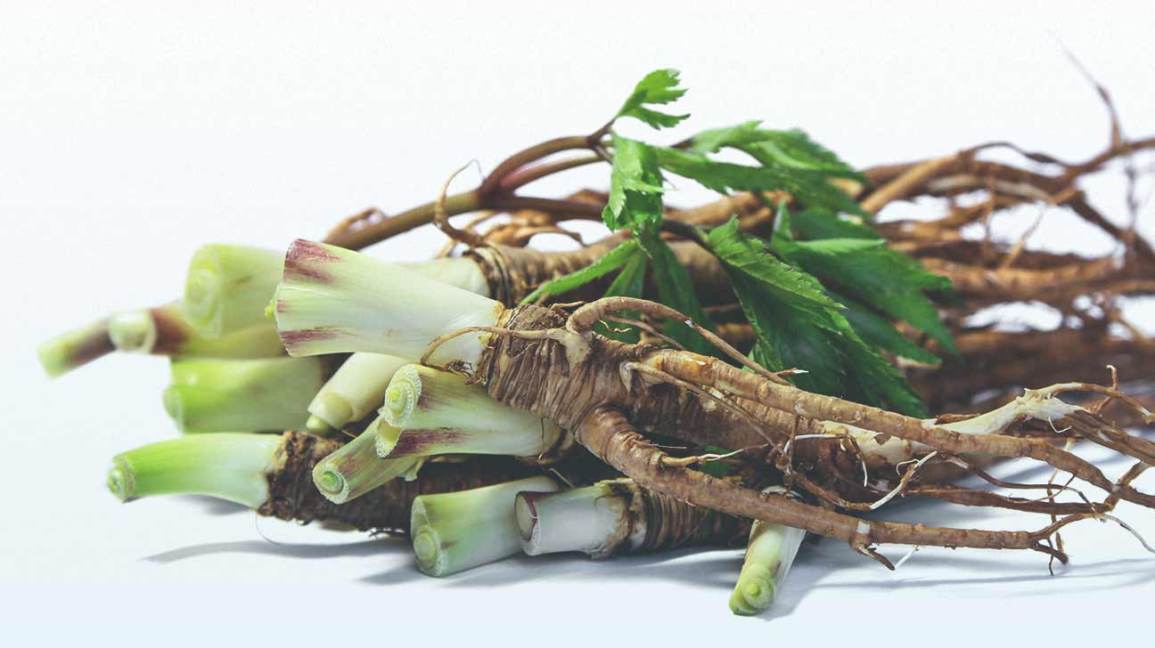
It’s funny how you can dismiss these old ways, and then you try them, really try them, and find there’s something real there. That’s been my journey with Dang Gui, anyway. Just sharing what I’ve found works for me!
